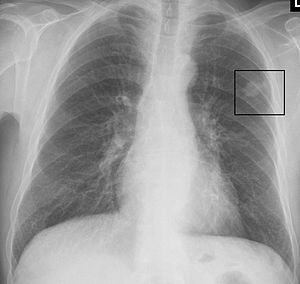Popular media is a double-edged sword when it comes to spreading resources regarding eating disorders.
Although some outlets encourage people to seek treatment, others continue to inadvertently hurt people struggling with eating disorders and mental health issues through insensitive content. This lack of sensitivity promotes potential triggers for damaging behavior while stigmatizing the issue simultaneously.
Excluding undiagnosed cases, more than 28.8 million Americans will have an eating disorder in their lifetime, whether it be anorexia, bulimia or binge eating. These disorders rarely occur independently and can be connected to other illnesses. For some, eating disorders are a form of self-harm.
Those struggling or those who have struggled might experience a relapse by watching or hearing unrealistic representations of EDs in the media.
In some regard, eating disorders can be perceived as a competitive form of illness. Therefore trends on TikTok, like “What I eat in a day,” can lead to dire consequences for onlookers. Those struggling with an ED might try to compete or match the calories shown on-screen.
Glamorizing this psychological problem is common in movies and television shows, so audiences fall into a trap of sensationalism. The popular Netflix series “Insatiable” depicts a girl becoming skinny and ‘pretty’ after spending a summer on a solely liquid diet. This narrative encourages harsh views on body standards, leading to body dysmorphia or troubles with eating.
Senior Maira Dar is a fan of the hit television drama Gossip Girl, but she noticed the show lacked empathy at times with their cheap attempt at showing eating disorders. “The show features the character Blair Waldorf experiencing what’s seen as a binge episode. But, her bulimia is only highlighted for two episodes because it was used only as a plot point,” Dar explained.
Outside of the two instances in which her bulimia was mentioned, her “problem” did not affect her life in any way, because it was seemingly resolved in two episodes’ time. As a result, people may feel as if their struggles are invalid or isolated from others dealing with similar difficulties.
“On television, it was abhorrent to see a serious issue in society being used as a piece of entertainment value,” Dar expressed.
Similarly, the British TV series “Skins” exhibits the character Cassie, who would not eat for days in hopes of becoming skinny. In the show, her eating disorder is portrayed as desirable and another attribute that makes her “lovely.”
While eating disorders continue to be idolized, treatment options are stigmatized.
Many narratives regarding EDs omit the part of the story in which the character overcomes his/her struggle. For the most part, people tend to solve this problem off-screen, undermining the importance of recovery in a patient’s story.
As a whole, accepting mental disorders as an actual illness has been controversial. Psychology only became a concrete science in 1879. Therefore, people do not realize the cost of denying proper care to those suffering.
A Pleasant Valley senior who wishes to remain anonymous under the pseudonym ‘Anna’ experienced similar struggles in her sophomore year of high school. “Despite the controversy of whether mental illness exists or not, I know that what I went through was real. I urged my parents to let me see a therapist, but they would not listen.”
“With time, I recovered on my own,” Anna continued. “But for some, that is not possible. If the media continues to discredit actual treatment, people will only get worse.”
It is imperative to prevent this disease and promote proper treatments and counseling for patients. Media must be scrutinized and called out for their misleading condemnation of treatment for eating disorders.
Television and social media glorify the aesthetic of thinness and self-harm. But there is nothing aesthetic about mental illnesses.
















